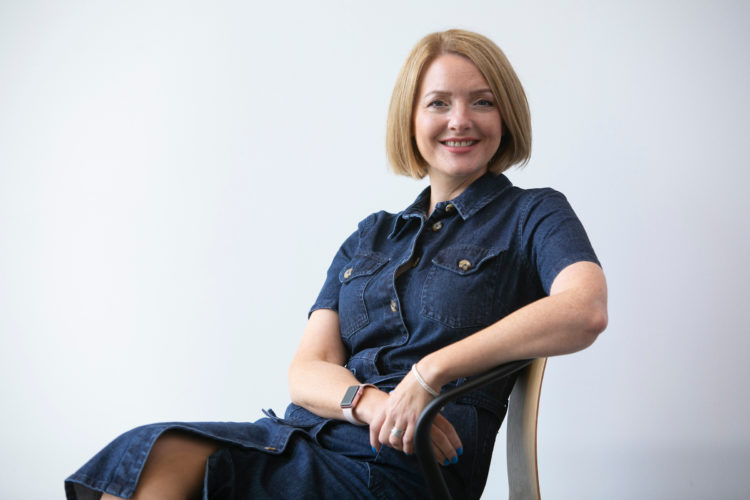Improving life with dementia

World-renowned dementia expert Dr Maggie Ellis, from the University of St Andrews, is shortlisted as a finalist for Converge 2019, Scotland’s leading entrepreneurial development programme for Higher Education.
Ahead of World Alzheimer’s Day (Saturday 21 September) Dr Ellis, a leading figure in the battle against Alzheimer’s, from the School of Psychology and Neuroscience, is shortlisted in the Converge 2019 Impact Challenge category for her project Astellis, which helps people with advanced dementia.
As dementia reaches the latter stages, diagnosed individuals can become non-verbal and, as a result, more socially isolated. To help family members engage with their loved ones and to reintroduce them back into the social world, Astellis offers a suite of training programmes based on a non-verbal communication technique called Adaptive Interaction. The technique, developed by Dr Ellis and co-founder Professor Arlene Astell, has received worldwide recognition in both academic and care communities.
Dementia is an umbrella term for a collection of symptoms caused by diseases of the brain. The condition is characterised by progressive loss of cognitive functions, including memory, particularly working memory, attention, planning and communication. Dementia most often occurs as a result of Alzheimer’s disease or stroke and is typically, though not exclusively, diagnosed in older people. Almost one in four people over the age of 80 have dementia in the UK. At present, dementia is irreversible.
As dementia progresses, the individual not only loses the ability to live independently, but progressively struggles to take part in conversations and previously enjoyed activities. People living with dementia can therefore often feel isolated and depressed, leading to a poor quality of life.
Adaptive Interaction was initially developed to facilitate communication between people who have profound and multiple learning disabilities. It is a non-verbal communication method which builds on the fundamentals of communication, including mirroring, turn-taking, sounds and movement.
Astellis works with people to develop a shared language between communication partners over time. There is little or no involvement of speech during interactions, and caregivers focus on learning the interaction of partner’s communicative repertoire through observation and imitation. This approach has been successfully applied to other clinical populations such as congenitally deaf-blind individuals and people with severe autism.
“My main career ambition is to improve the lives of people living with dementia, their friends, families and caregivers via translational research,” said Dr Maggie Ellis.
Eighteen academic entrepreneurs leading both start-ups and spin-outs and representing institutions from across the length and breadth of Scotland will now go head-to-head at the Converge Awards Final which takes place at the iconic V&A Dundee in September.
Category Awards